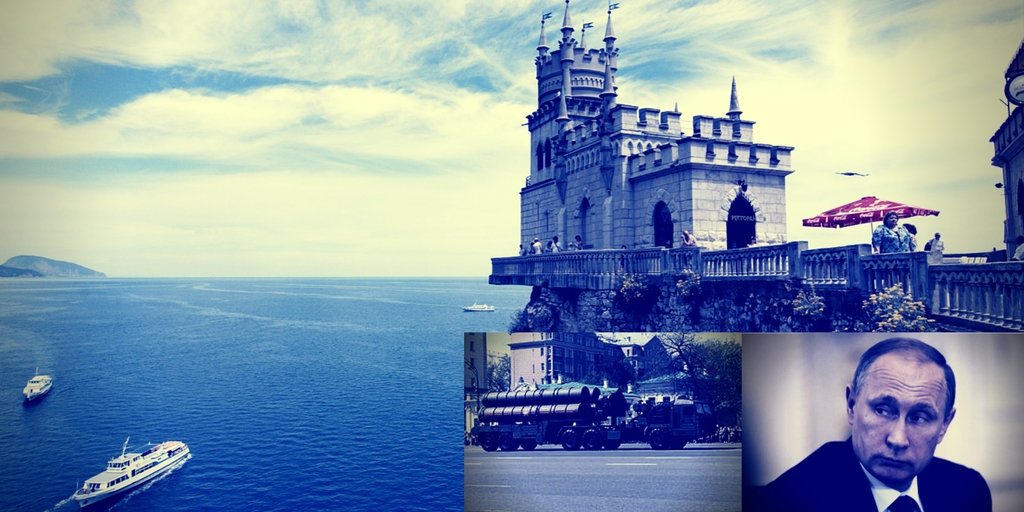There are times when rulers reach a zenith in their power. Some of them fall away and others find a way to reverse course and rise again. The failed coup in Turkey over the weekend marks the lowest point Recep Tayyip Erdogan. It also marks that moment that Erdogan shifts Turkey from a secular democracy to a neo-sultanate once and for all.
Recep Tayyip Erdogan has used the failed coup to do what he has always wanted to do. He has wasted no time in purging the Turkish courts and military of secular members and tightening his grip on the country.
The real question though is why did this coup involve only junior members of the military? If it had such support how could it fail so miserably?
There are many answers, but one likely possibility is that Erdogan himself could have staged the coup in order to give credence to his wanton desire to take full control over Turkey. If this seems far fetched, Erdogan has been accused of false flag attacks before. One such incident was uncovered last year and reported at Shoebot.com: “Twitter whistleblower Fuat Avni claimed on Monday that President Recep Tayyip Erdoğan has ordered the intelligence agency head to stage a false assassination plot against his son Bilal Erdoğan in order to blame the Gülen movement.”
Others have reported that Erdogan himself has been quite open on the need to use a false flag operation to make an excuse for sending troops into Syria.
The coup attempt in the last 24 hours has been very weak, lending fuel that this was indeed a false flag attack.
Erdogan has always been quite clear in seeing his role as one of a reinstated sultan, presiding over an expansive rebuilt Ottoman Empire. Since he has become president, Erdogan has increasingly solidified control, while expanding Islamic influence throughout the Republic of Turkey. No one should forget that it was Recep Tayyip Erdogan who made the following statement: “The mosques are our barracks, the domes our helmets, the minarets our bayonets and the faithful our soldiers…”
Russia Will Not Wait
If it becomes clear that Erdogan is in fact strengthening his grip in a far more complete way than he already has, Russia will not hesitate to make moves to check Turkey in order to ensure Erdogan can do little harm to Putin’s influence in the region.
In the coming weeks the rapprochement moves that had been underway between the two countries may very well become frozen if Putin feels the need to put the Turkish ruler back in his place.
Israel will Stay Neutral
Despite reconciliation between Israel and Turkey, the last thing Israel wants is a newly emboldened Erdogan. If Erdogan is really about to transform Turkey into a sultanate, Israel will think twice before restarting weapons sales to its military. With Russia and Israel building a closer friendship the two will be in coordination. This means that Israel is quietly positioning itself in opposition to NATO’s strategy in regards to both Russia and Turkey.
The USA is Backed Into a Corner
Obama quickly mumbled support for Erdogan. This, even as Erdogan is holding troops USA troops hostage until the United States extradites Muhammed Fethullah Gülen, the Turkish preacher Erdogan claims is behind the coup.
It is too early to see what Obama will do, but most probably nothing. Afterall, Turkey is a NATO ally and is needed as a forward base to bomb ISIS. Look for Gulen to be extradited or this to be settled quietly behind the scenes.
Erdogan has always been focused on spearheading political Islam at a regional level. The question isn’t whether he wants to be a sort of neo-sultan, but how. I think we have just seen the first steps in Erdogan’s strategy.




